Tracking company Life360’s pledge to make a $1m example out of stalkers
An ASX-listed tracking company says it will bring its ‘entire resources to bear’ to sue anyone who uses its device to stalk others.

A US tracking company listed on the Australian Stock Exchange will sue anyone who stalks a person with its devices for $1m.
The aggressive policy isn’t just an empty threat but one that the company would do everything in its power to uphold and succeed to make “an example” out of the first person to do it, says Life360’s chief executive Chris Hull.
“We will bring our entire resources to bear to make an example of that person so even if we don’t win, I think that it should be helpful to show that these guys are serious,” he said. “You abuse this and we’re going to crush you.”
Mr Hull is referring to the company’s tracking devices called Tile, small, key ring-shaped devices that use bluetooth on people’s phone to track their location.
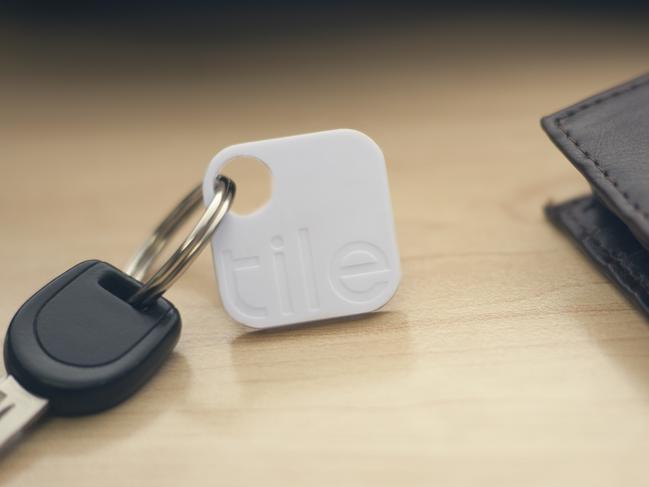
Life360 didn’t invent the technology, rather the company bought it in a deal worth up to $282.8m late in 2021, at a time when Tile had at the time sold as many as 45 million tracking devices across 195 countries.
The company now competes with some of the world’s largest tech manufacturers in the tracking space, including Apple and Samsung. It also competes with a number of smaller Australian tech brands including Cygnett which has introduced a credit card tracking device.
Bluetooth tracking devices rely on the Bluetooth of nearby devices, with AirTags needing Apple devices nearby and Galaxy Tags needing Samsung devices nearby to function. Similarly Tile requires users of Life360’s app to make the tracking of its Tile’s useful.
Mr Hull is confident Australia has a pretty strong map for tracking Tile devices, with Life360’s app the 15th most popular in the Apple app store, with over 2 million Australian users.
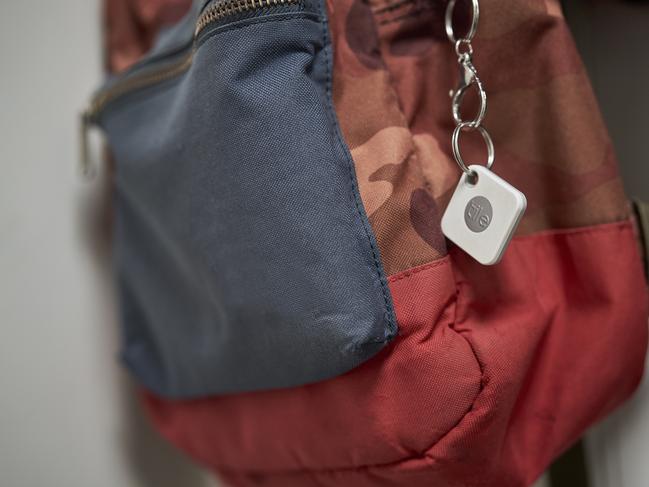
Mr Hull, speaking to The Weekend Australian, while sat behind an Apple MacBook with a Tile tracking device mounted on the corner, said that his company’s tracking devices were objectively better.
For a start, he said, it can be used across all phones, not just with Samsung or Apple products. “It’s also louder and you can reverse ring … It’s just a slicker experience in general,” he said.
One other reason why they’re better is because “people are lazy,” he said.
“They don’t want to do multiple things so we’re trying to build out our ecosystem. Once you have your laptop, your pet, your kids, your family all in one place, it’s a very hard thing to unseat.”
Life360’s $1m policy to sue misuse of its product is connected to one feature that Mr Hull also believes allows the company to outcompete Apple and Samsung.
When the location of one of Apple’s AirTags or even AirPods is being tracked, nearby users can receive a notification depending on their proximity to the device. Samsung and Google’s Pixels similarly tell phone users when a Bluetooth device near them is being tracked.
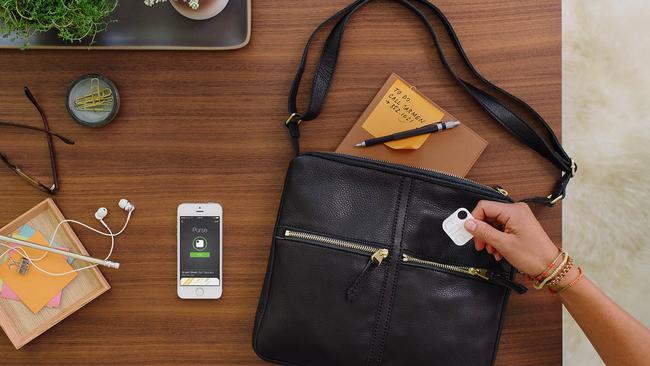
But on Tile products, this feature can be turned off under a setting called antitheft mode, leaving nearby users unaware that the location is being tracked.
That function on Apple and Samsung phones “defeats the purpose”, Mr Hull said, letting potential thieves know they were being tracked.
“We turn it off if you’ve opted in to the antitheft program so if a thief steals my bike they’re not going to know it’s there,” he said.
For someone who was concerned they were being stalked, the Life360 does have a scan for nearby Tiles feature which would show the tiles around.
“We are pretty adamant that this allowance is performative though, because these things aren’t that loud and stalking is such a rare thing,” he said.
“We’ve had zero instances of misuse for anyone who has signed up for our antitheft program because you have to give an ID and there’s just a huge penalty. We actually verifies whether it’s a legitimate government-issued ID and … you’re gonna get caught.”
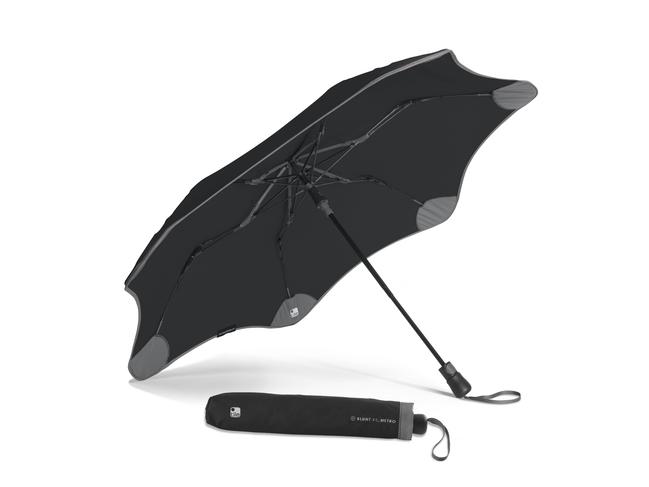
While that $1m penalty would present a pretty big payday for Life360, the company is yet to use it. It is also yet to show that it’s profitable.
Last week it recorded a loss of $US28.2 ($U43m) and the same day its share price rose 38 per cent to $11.30.
One week later and it closed higher again at $12.35 on Friday, up 5 per cent to close on its opening price of $11.79.
The surge in investor confidence arrived after the company’s full year results to December 31 showed a 33 per cent revenue jump to $US305m ($U468m). With that revenue spike it was able to reduce its losses to $US28.2m, up from $US63.5m the year prior.





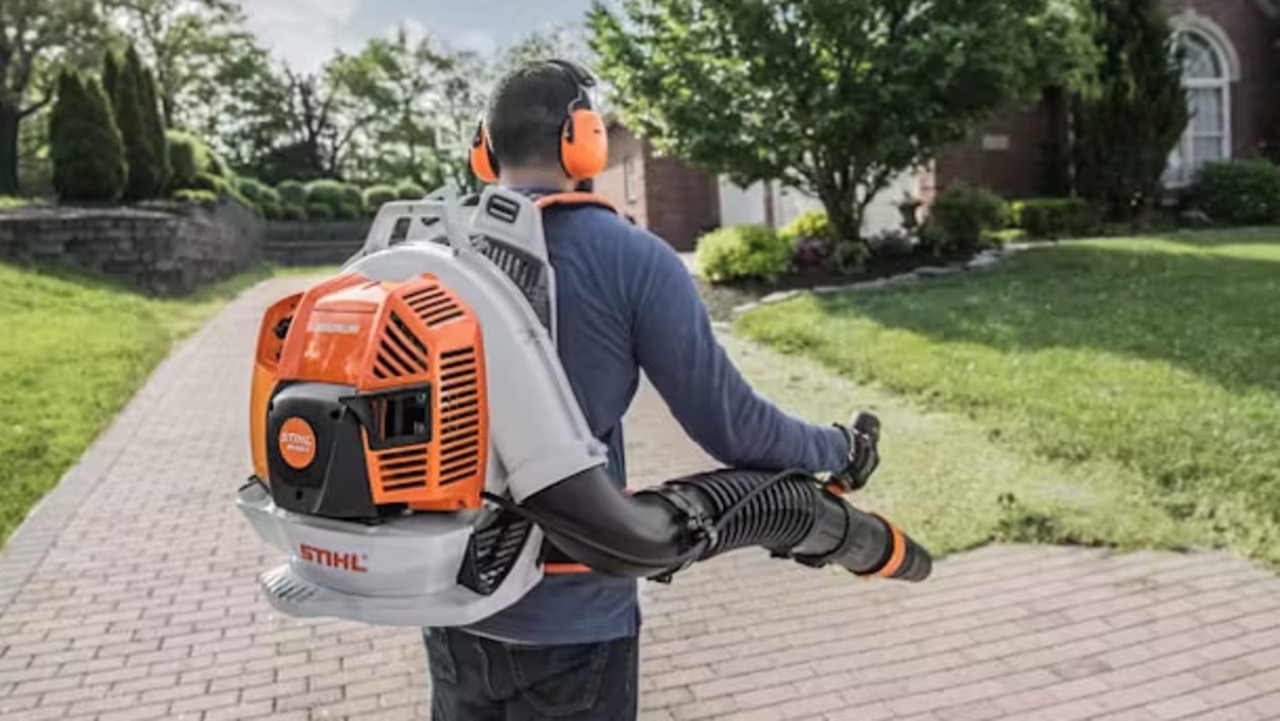
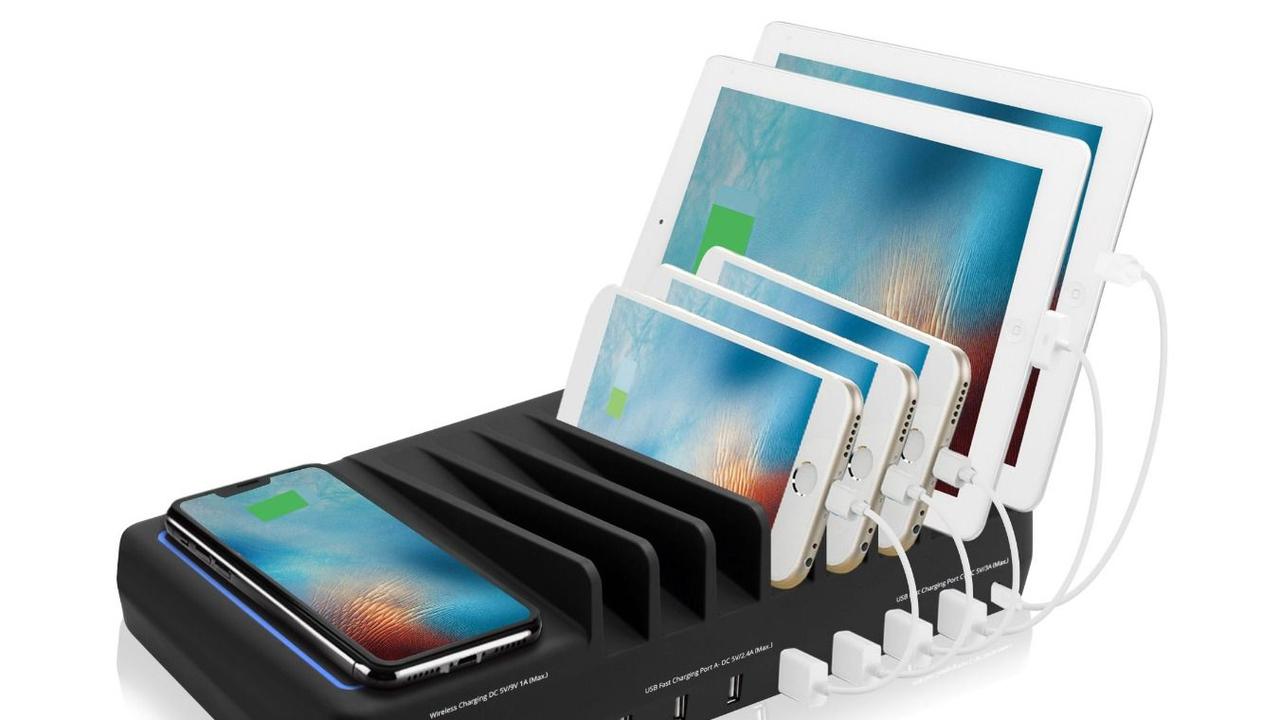
To join the conversation, please log in. Don't have an account? Register
Join the conversation, you are commenting as Logout